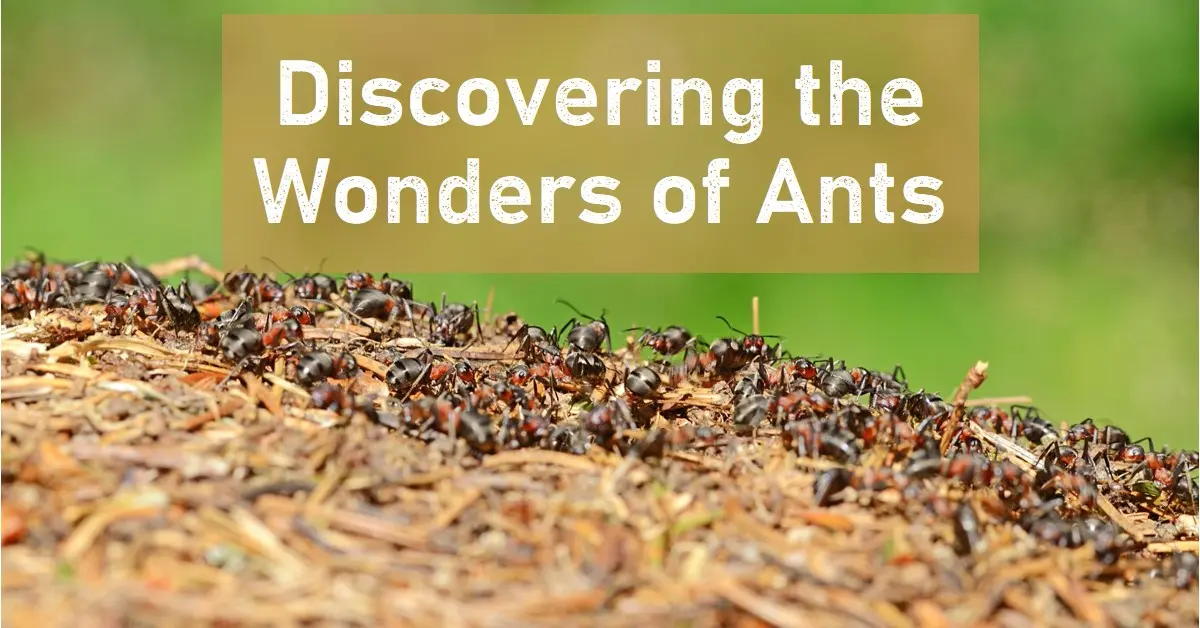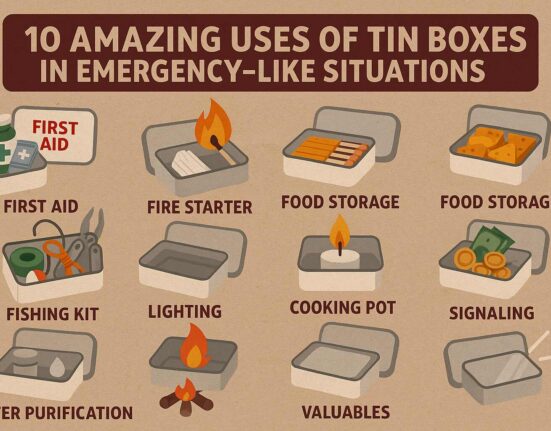Ants, those industrious and often misunderstood insects, have fascinated humans for centuries. From their complex social structures to their remarkable problem-solving abilities, ants continue to captivate scientists and enthusiasts alike. While many of us may encounter ants in our daily lives, whether in our homes or out in nature, few truly appreciate the depth of their behavior and their importance in ecosystems worldwide. Join me on a journey into the world of ants, where we’ll explore their incredible adaptations, ecological roles, and even dispel some common misconceptions. ants coming from dishwasher
Understanding Ants:
Ants belong to the family Formicidae and are found on every continent except Antarctica. With over 12,000 known species, they exhibit a remarkable diversity in size, behavior, and habitat preferences. From the tiny pharaoh ants measuring just 1.5 millimeters to the formidable army ants with their massive colonies, the world of ants is as varied as it is intriguing.
One of the most fascinating aspects of ants is their highly organized social structure. Within a colony, individuals are divided into castes, each with specific roles and responsibilities. The queen, typically the largest ant in the colony, is responsible for laying eggs and maintaining the population. Worker ants, which make up the majority of the colony, perform tasks such as foraging for food, caring for the young, and defending the nest. Male ants, known as drones, have the sole purpose of mating with the queen.
Ants communicate primarily through the use of pheromones, chemical signals that convey information about food sources, nest locations, and potential threats. This sophisticated form of communication allows ants to coordinate their activities effectively and respond rapidly to changing environmental conditions.
Read more at:https://homeshosts.com/ants-in-dishwasher-problem-and-solution/
Ecological Importance:
Despite their small size, ants play a crucial role in ecosystems around the world. As scavengers, ants help to break down organic matter, recycling nutrients and enriching the soil. Many ant species are also effective predators, controlling populations of other insects and contributing to pest management.
In addition to their role as consumers, ants are important ecosystem engineers. Some species build elaborate nests that aerate the soil and improve water infiltration, while others disperse seeds and assist in plant pollination. In tropical rainforests, leaf-cutter ants are responsible for stripping vegetation and recycling plant material, shaping the composition of the forest floor and influencing nutrient cycling.
Misconceptions About Ants:
Despite their ecological significance, ants are often viewed as pests when they invade human spaces. One common misconception is that ants are attracted to cleanliness, leading to infestations in well-maintained homes. In reality, ants are drawn to sources of food and water, making kitchens and other food storage areas prime targets for invasion.
Another misconception is that ants are solitary creatures that operate independently of one another. While individual ants may forage alone, they are always connected to a larger colony network. Killing a few ants may seem like a temporary solution, but without addressing the underlying colony, infestations are likely to persist.
Conclusion:
In conclusion, ants are truly remarkable creatures that deserve our admiration and respect. From their intricate social structures to their vital ecological roles, ants embody the resilience and adaptability of the natural world. By gaining a deeper understanding of ants and their behavior, we can learn to coexist with these fascinating insects and appreciate the invaluable services they provide to ecosystems worldwide. So the next time you encounter ants in your home or out in nature, take a moment to marvel at the complexity of their world and the wonders of the natural world as a whole.
Published by:https://homeshosts.com/






